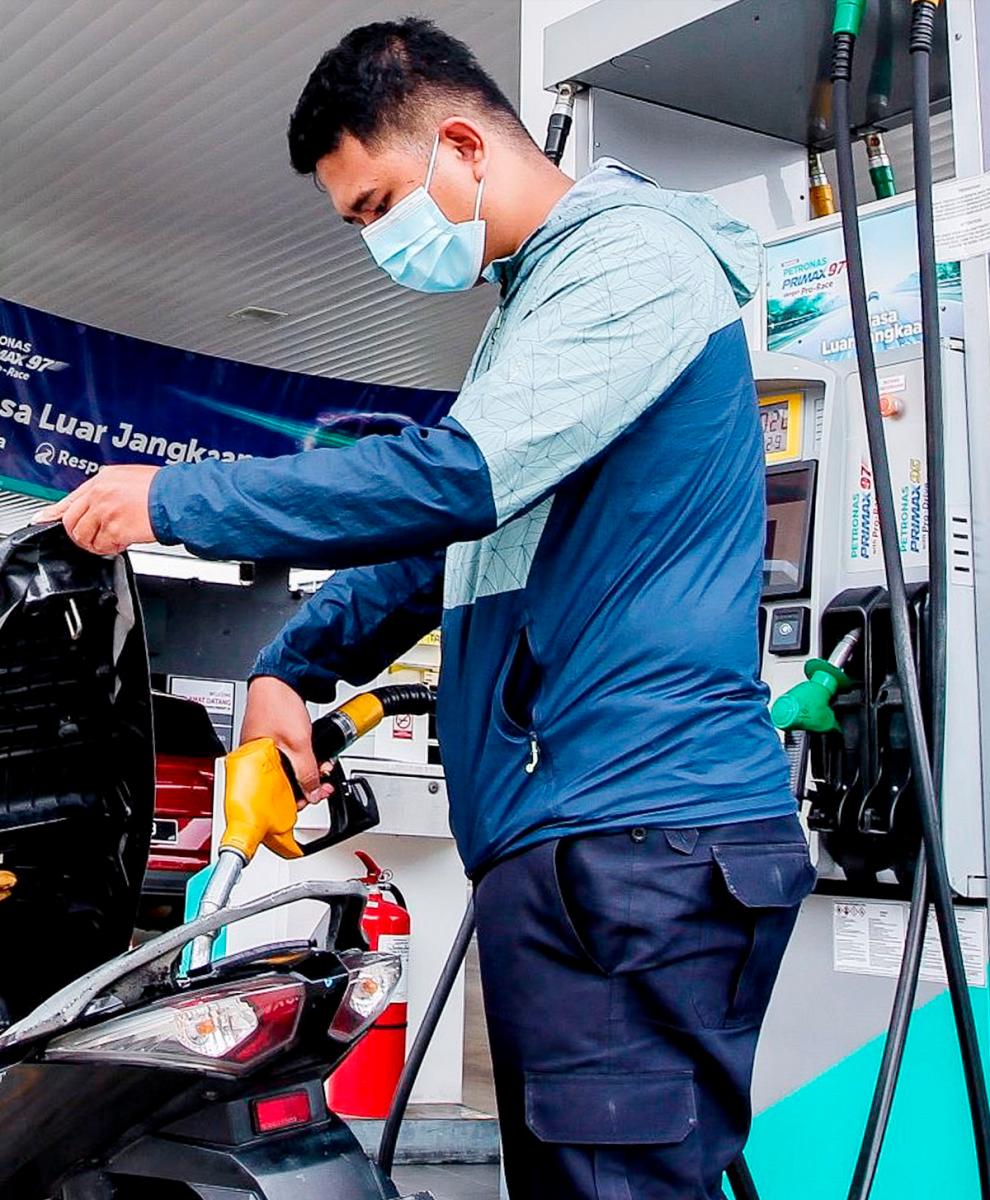PETALING JAYA: Prime Minister Datuk Seri Anwar Ibrahim’s latest cost-of-living relief plan is drawing praise from economists, who say the RM100 one-off cash handout – expected to inject RM2.2 billion directly into the domestic economy – could provide an immediate boost in spending and ease the burden on struggling households.
Dr Mohamad Idham Md Razak, senior lecturer at Universiti Teknologi Mara (UiTM) Puncak Alam, said the cash aid, which will be given to all Malaysians aged 18 and above, could act as a short-term economic stimulus, particularly for youths and low-income groups.
“With three adults in a household, that’s RM300. It’s a quick injection that could lift spending on retail, food and essentials and support small traders.
“But without follow-up measures such as job creation or sustainable financial aid, the effect may not last,” he told theSun.
He said Anwar’s broader cost-of-living package – including fuel subsidy adjustments, expanded food assistance and a freeze on toll hikes – signals the government’s effort to tackle inflation and shield household income on several fronts.
He highlighted the RM600 million boost for the Jualan Rahmah programme as one of the most strategic moves.
“By offering essential goods at discounted prices, this directly lowers household spending and helps cushion inflation.”
Mohamad Idham also welcomed the toll hike postponement involving 10 highways, saying it would ease the burden on daily commuters and small business operators.
“This brings real relief, especially for those travelling long distances for work. It helps preserve consumer spending and dampens inflationary spillover. But ultimately, the government needs a more sustainable model for infrastructure financing.”
On fuel subsidies, he said the government is on the right track.
“We welcome this, but the government should also explore targeted options, with added support for the M40 through tax breaks or tailored cash aid.”
Economist Professor Geoffrey Williams described the cash handout a “smart and meaningful” initiative that could serve as a test bed for a Universal Basic Income (UBI) framework.
“This is an unconditional, automatic cash transfer – no applications, no eligibility hurdles. That’s the DNA of a UBI.
“If scaled up, it could evolve into monthly payments and pave the way for reforming the STR (Sumbangan Tunai Rahmah) and SARA (Sumbangan Asas Rahmah) schemes.”
Williams suggested Malaysia could even lead globally in rolling out a nationwide UBI model.
“If developed properly, it could be a bold signature of Anwar’s social policy legacy.”
He added that the move is financially viable, especially with savings from the ongoing subsidy rationalisation drive and would generate a ripple effect in local economies.
“For the B40 and lower M40 groups, RM100 is significant. Most of it will be spent in neighbourhood shops and stalls – directly stimulating grassroots demand. It can help lift consumer spending in the second half of the year.”
Williams acknowledged the public’s scepticism, but urged Malaysians to view the move on its merits.
“This is a solid step forward. The government deserves credit for it.”
The RM100 cash aid, set to be disbursed via MyKad from Aug 31, is expected to benefit over 22 million Malaysians. It complements existing food subsidies, fuel support and frozen toll rates under the government’s multi-pronged strategy to ease living costs.









